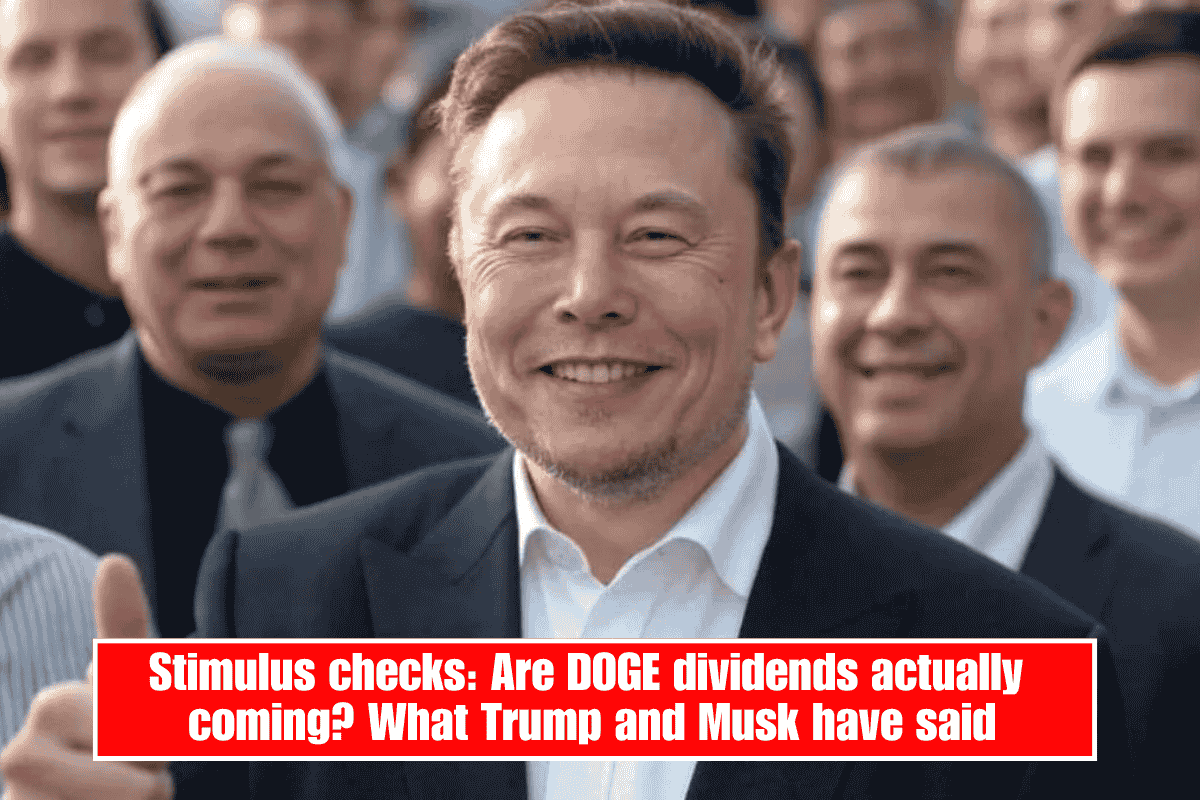The DOGE dividend proposal, which calls for sending $5,000 checks to American households, is still being debated without any confirmed legislative progress. The initiative, which is linked to Elon Musk’s Department of Government Efficiency (DOGE), aims to distribute government savings to net taxpayers while excluding those who do not pay federal taxes.
In February 2025, Azoria CEO James Fishback proposed allocating 20% of DOGE savings, which are estimated to be $2 trillion, to these payments. According to public statements, Donald Trump said the idea is “under consideration,” and Musk expressed an interest in exploring it.
Current status of the proposal: is it a viable stimulus check program?
Until March 30, there were no official announcements regarding the status of DOGE dividends. According to a March 28 news article, the initiative still needs to be approved by Congress, and there are no set dates for voting. According to speculation, shipments could begin in April 2025, pending legislative approval.
Fishback is working with lawmakers to draft a bill, but he faces challenges such as persistent inflation and the potential impact of Trump’s tariff policies. The Federal Reserve Bank has not issued a detailed analysis, referring to the issue as “speculative” at recent conferences.
The proposal would limit the checks to households that pay more in federal taxes than they receive in benefits, excluding taxpayers with adjusted gross incomes of less than $40,000. This condition has sparked debates about equity, as it would exclude millions of low-income families.
Critics argue that the plan would exacerbate inequalities, while supporters claim it prioritizes those who “support the tax system.”
Economic impact of the stimulus checks on the American economy
Experts warn of potential risks. Jonathan Ernest, an economist at Case Western Reserve University, told the Reno Gazette Journal that Trump’s policies could “destabilize the economy,” threatening the checks’ viability. Others argue that by financing the plan with savings rather than debt, inflationary pressures would be avoided.
However, proposed trade tariffs and signs of a recession increase uncertainty. As of March 30, the official DOGE website did not provide dividend updates, instead focusing on administrative cuts.
Other national media outlets in the United States point out that there has been no progress in Congress, and the idea does not appear to be approved anytime soon. In short, DOGE dividends are still in the proposal stage, despite Donald Trump’s promise to consider the idea.
This idea is completely different from others, such as the stimulus checks sent by Trump during the COVID-19 pandemic during his first term.















